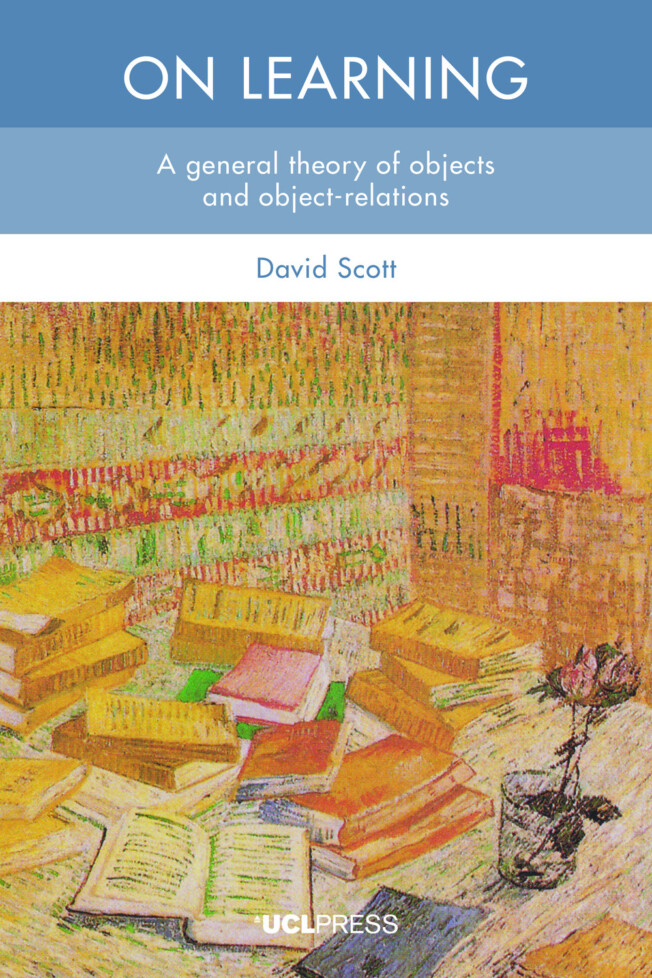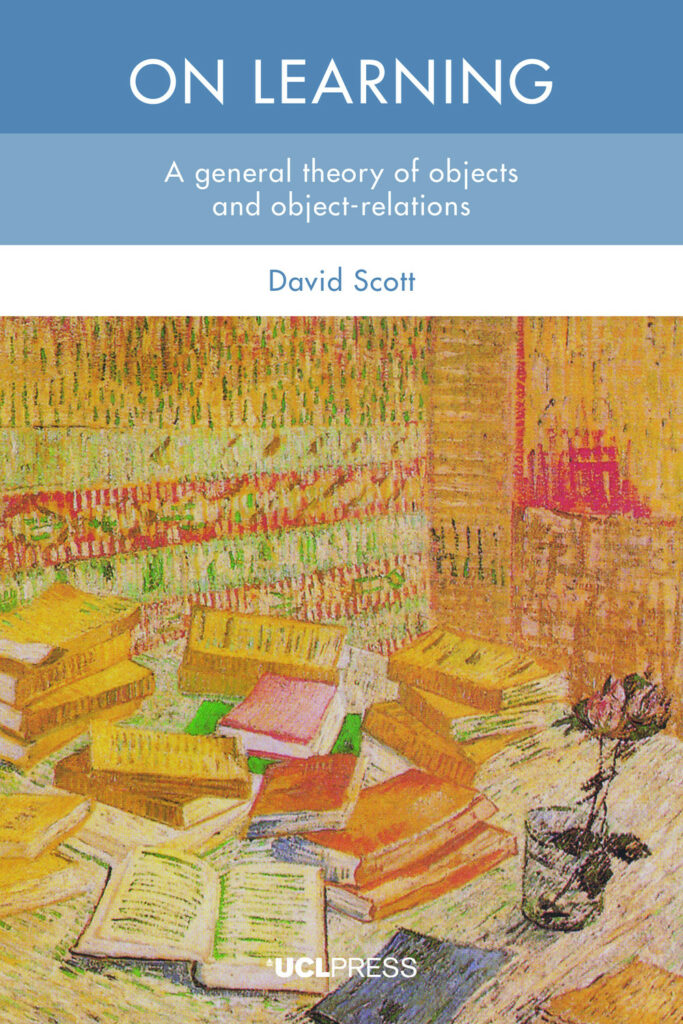
On Learning
A general theory of objects and object-relations
David Scott (Author)
This is a philosophical work that develops a general theory of ontological objects and object-relations. It does this by examining concepts as acquired dispositions, and then focuses on perhaps the most important of these: the concept of learning. This concept is important because everything that we know and do in the world is predicated on a prior act of learning.
A concept can have many meanings and can be used in a number of different ways, and this creates difficulty when considering the nature of objects and the relationships between them. To enable this, David Scott answers a series of questions about concepts in general and the concept of learning in particular. Some of these questions are: What is learning? What different meanings can be given to the notion of learning? How does the concept of learning relate to other concepts, such as innatism, development and progression?
The book offers a counter-argument to empiricist conceptions of learning, to the propagation of simple messages about learning, knowledge, curriculum and assessment, and to the denial that values are central to understanding how we live. It argues that values permeate everything: our descriptions of the world, the attempts we make at creating better futures and our relations with other people.
Praise for On Learning
‘Provides a nuanced and layered understanding of the complex concept and practice of learning to students and researchers.’
Educational Review
Preface
Acknowledgements
Part One: The general theory
1 Introduction – learning as a concept and as a practice
2 Transcendental knowledge
3 Judgements and criteria
4 Object-relations – research into learning
5 Values and learning theories
6 Difference
7 Knowledge dualities
8. Institutional/systemic power
9 Identity and consciousness
10 The general theory
Part Two: Learning as a concept and a practice
11 Philosophies of learning
12 Learning theories and models
13 Technology, artificial intelligence and learning
14 Literacy and numeracy
15 Dispositions – innateness and essentialism
16 Progression and Learning
17 Pedagogy as reflection and Imagination
18 Curriculum and assessment
19 A history, archaeology and genealogy of learning
20 Time and learning
21 Spatial relations
22 A conclusion – learning as a disposition
References
Index
List of figures and boxes
Preface
1 Introduction
Part One: Philosophical frameworks
2 Semantic theories of learning
3 Learning and knowledge
4 A Bildungstheorie
5 Justification criteria for knowledge and learning
6 A mathematical language: averaging, probability, comparison, prediction and correlation
Part Two: Learning relations
7 A bureaucratic theory of learning
8 A genealogy of curriculum and learning
9 Social, economic and political categories of learning and knowledge
10 An ethical theory of learning and knowledge
11 Critical learning and knowledge
References
DOI: 10.14324/111.9781800080027
Publication date: 20 May 2021
PDF ISBN: 9781800080027
EPUB ISBN: 9781800080034
Hardback ISBN: 9781800080003
Paperback ISBN: 9781800080010
David Scott (Author) 
David Scott is Emeritus Professor of Curriculum, Learning and Assessment at the IOE, UCL's Faculty of Education and Social Science. His most recent books include: On Learning: A General Theory of Objects and Object-relations, UCL Press; (with B. Scott) Equalities and Inequalities in the English Education System, University College London, Institute of Education Press; and (with S. Leaton Gray) Women Curriculum Theorists: Power, Knowledge and Subjectivity, Routledge.
‘Provides a nuanced and layered understanding of the complex concept and practice of learning to students and researchers.’ Educational Review
Related titles
On Learning
A general theory of objects and object-relations
This is a philosophical work that develops a general theory of ontological objects and object-relations. It does this by examining concepts as acquired dispositions, and then focuses on perhaps the most important of these: the concept of learning. This concept is important because everything that we know and do in the world is predicated on a prior act of learning.
A concept can have many meanings and can be used in a number of different ways, and this creates difficulty when considering the nature of objects and the relationships between them. To enable this, David Scott answers a series of questions about concepts in general and the concept of learning in particular. Some of these questions are: What is learning? What different meanings can be given to the notion of learning? How does the concept of learning relate to other concepts, such as innatism, development and progression?
The book offers a counter-argument to empiricist conceptions of learning, to the propagation of simple messages about learning, knowledge, curriculum and assessment, and to the denial that values are central to understanding how we live. It argues that values permeate everything: our descriptions of the world, the attempts we make at creating better futures and our relations with other people.
Praise for On Learning
‘Provides a nuanced and layered understanding of the complex concept and practice of learning to students and researchers.’
Educational Review
‘Provides a nuanced and layered understanding of the complex concept and practice of learning to students and researchers.’ Educational Review

